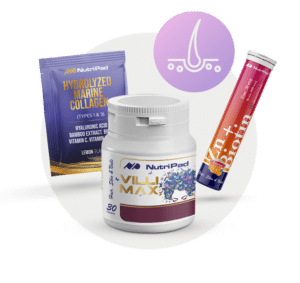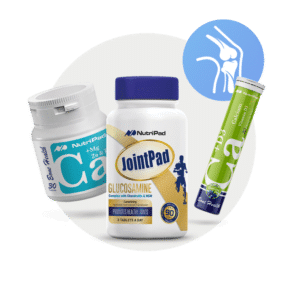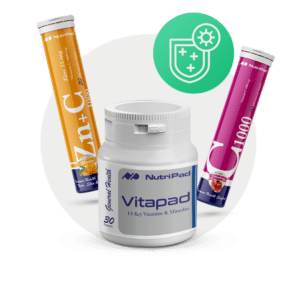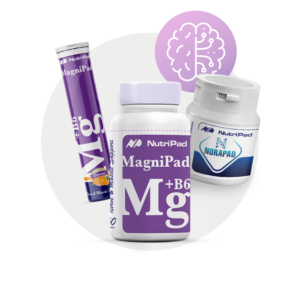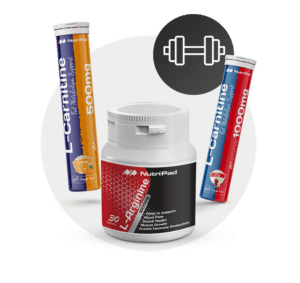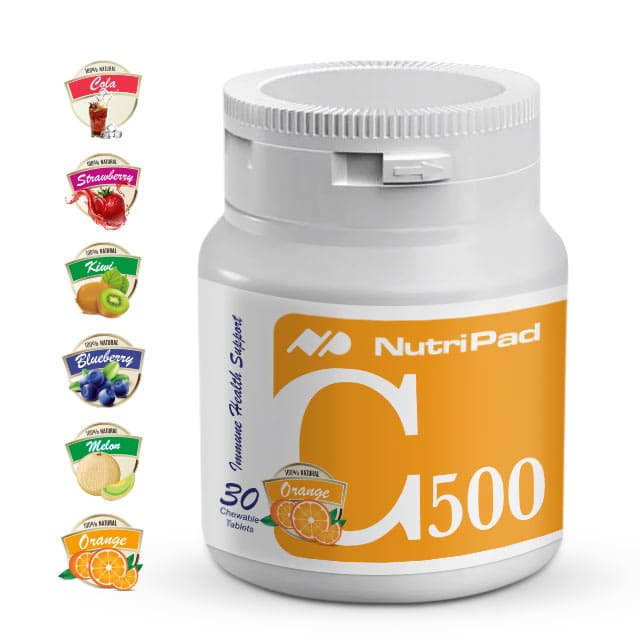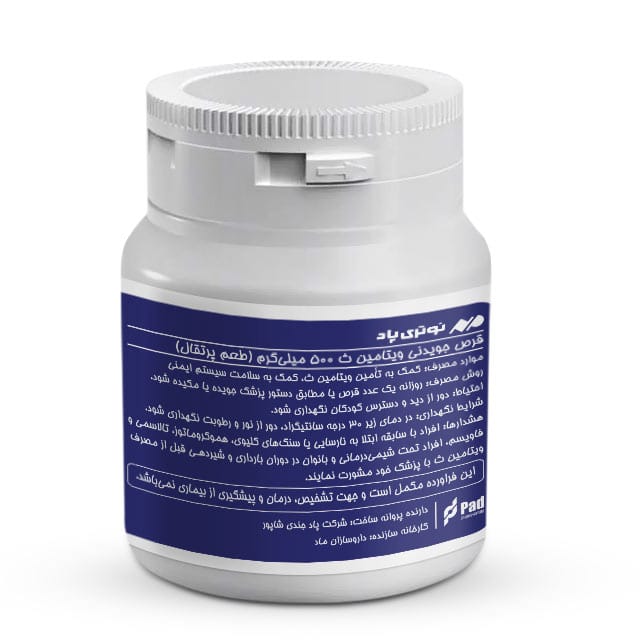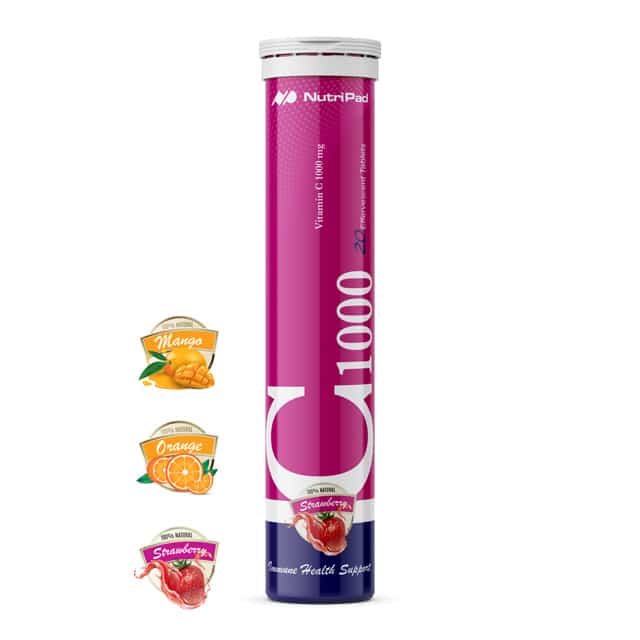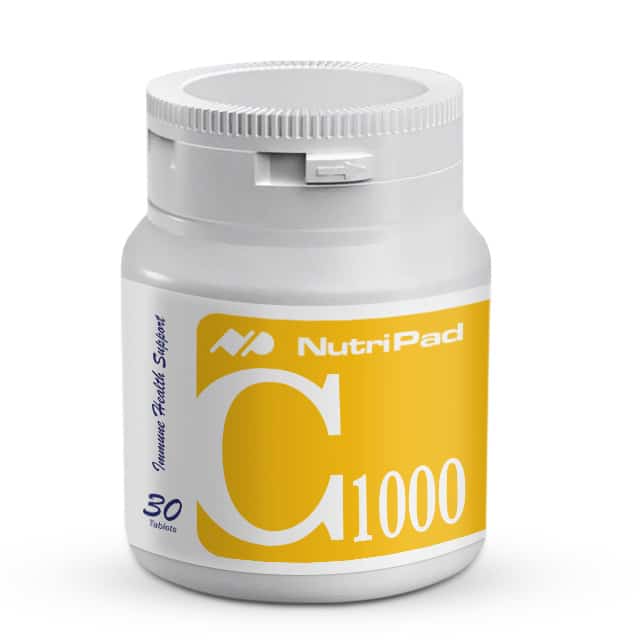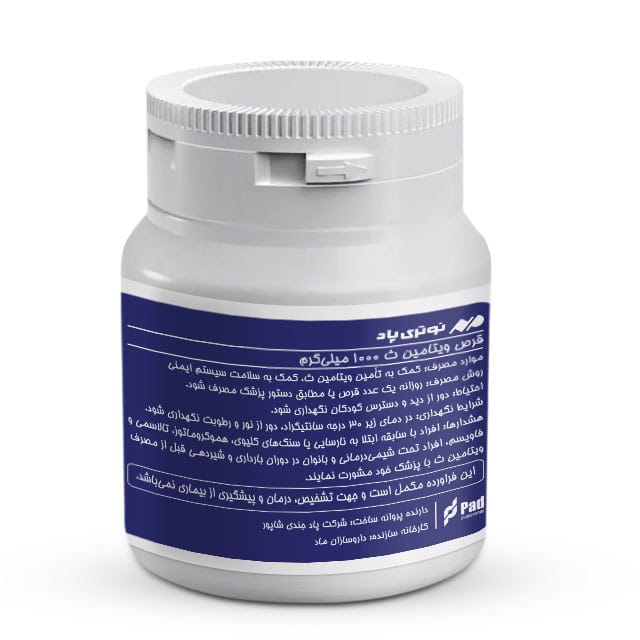Supplements Containing Vitamin C and Other Components
How does vitamin C help the function of the immune system?
– Vitamin C deficiency damages your immune system and increases your risk of infection. It is vital for the proliferation of white blood cells. Vitamin C cannot cure your cold but may help shorten it. Vitamin C is necessary for biochemical reactions that lead to the invitation and accumulation of immune cells at the site of infection. It is an antioxidant and helps decrease oxidative stress that increases during infection. Studies have shown that taking vitamin C, especially in combination with zinc, may shorten the period of respiratory infections and pneumonia. Vitamin C also helps to absorb iron, and having a proper level of iron in the body is necessary for blood formation and fighting infections.
How much is our daily need for vitamin C? What are the symptoms of vitamin C deficiency?
Adults 19 years of age and older need 75 to 90 mg of vitamin C per day. You can get your daily requirement of vitamin C through a proper diet.
A severe deficiency of vitamin C leads to a disease called scurvy. In the past, sea travelers who did not receive fresh fruits and vegetables for a long time suffered from scurvy. Today, knowing the role of vitamin C, severe deficiency of it is rare. Symptoms of scurvy include:
– Fatigue
– Mood changes, nervousness and depression
– Severe joint pain, especially in the leg joints
– Swollen and bleeding gums
– Red or blue spots on the skin
– Easy bruising of the skin
On the other hand, too much vitamin C may cause stomach pain and other digestive problems. It may also interact with other drugs, such as fluphenazine, indinavir, and warfarin.
Vitamin C is safe in doses up to 1,000 to 2,000 mg daily.
As a general rule, always consult your doctor before taking supplements.
Which foods are rich in Vitamin C?
– Citrus fruits: Raw citrus fruits are very high in vitamin C. A medium orange has 70 mg of vitamin C. A grapefruit has about 96 mg of vitamin C. Citrus juices contain higher amounts of vitamin C, and one cup of orange juice has about 71 mg of vitamin C.
– Broccoli: One cup of broccoli has as much vitamin C as an orange. Broccoli is also a good source of other vitamins and minerals, including:
- Calcium
- Iron
- Phosphorus
- Potassium
- Zinc
- Thiamine (vitamin B1)
- Riboflavin (vitamin B2)
- Niacin (vitamin B3)
- Folate (vitamin B9)
– Red cabbage: Red cabbage, also called purple cabbage, is high in vitamin C and low in calories. Half a cup of purple cabbage has only 14 calories but provides almost 30% of the recommended daily requirement of vitamin C. It also has fiber and other vitamins.
– Bell peppers: All kinds of peppers are low in calories and rich in nutrients, including vitamin A, vitamin C, potassium, folate, and fiber. Bell peppers have more nutrients than other peppers. Red bell pepper has approximately eight times more beta-carotene and 1.5 times more vitamin C than green bell pepper.
– Kiwi
Apart from helping the function of the immune system, what are the other roles of vitamin C in the body?
Vitamin C is necessary for collagen production, and collagen is the most abundant protein in the body. Collagen is vital for the health and maintenance of the skin’s youth and flexibility. It also supports the strength and health of the bones, cartilage, joints and blood vessels. Vitamin C has antioxidant effects.
Vitamin C increases iron absorption, and iron plays a vital role in blood formation and general health.
As vitamin C is vital for collagen production, it should also be considered a skin, hair and nail supplement. Vitamin C accelerates recovery after exercise and reduces oxidative stress in the body.




